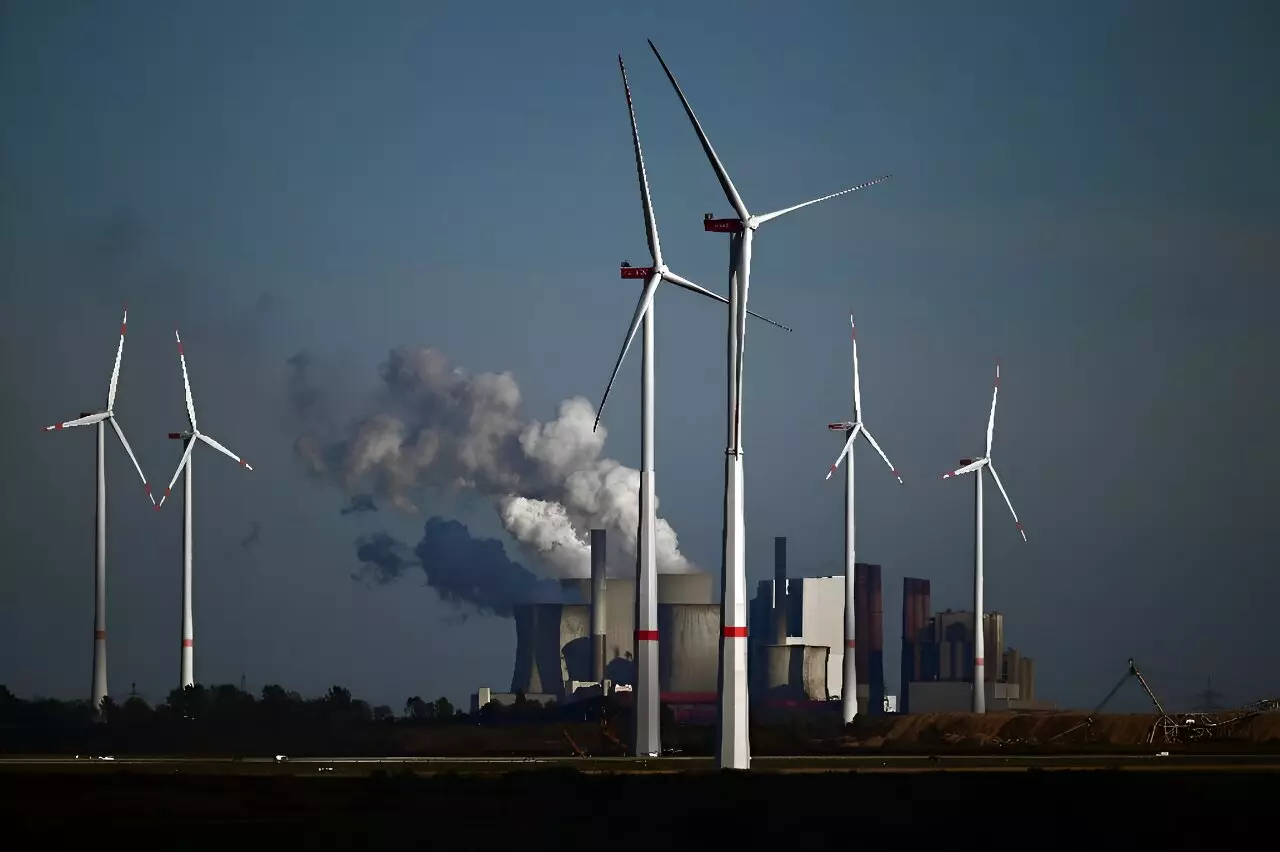Top policymakers gathered at a conference on the clean energy transition in Paris to discuss the future of Europe’s energy sector. The International Energy Agency (IEA), the European Central Bank (ECB), and the European Investment Bank (EIB) jointly emphasized the need for faster and more significant investments in the energy transition if Europe wants to maintain its position as a global industrial power.
Obstacles to Private Sector Investment
One of the key obstacles highlighted at the conference was the presence of several barriers faced by private sector investors. These barriers include policy uncertainty, bureaucratic red tape, and higher energy costs, all of which hinder the progress of clean energy projects. In contrast, countries like the United States, China, India, Japan, and South Korea are actively pursuing ambitious industrial programs to propel their energy transition efforts.
The focus of the conference was to discuss the necessary financial and public policy tools that can unlock the investments needed for Europe’s clean energy transition. IEA Executive Director Fatih Birol emphasized that Europe’s ambitions must be put into practice through bold actions from policymakers. Additionally, Christine Lagarde, President of the ECB, urged Europe to avoid procrastination and highlighted that pushing back climate targets would only increase future costs. Werner Hoyer, President of the EIB, stressed the importance of prompt adaptation to change and the need for massive investment in net-zero technologies to ensure Europe remains an attractive place for business, innovation, and job creation.
The urgency of Europe’s energy transition cannot be overstated. The conference stressed the importance of swift action to address climate change and remain competitive globally. While wealthy countries should ideally aim for a net-zero target by 2050, the IEA urged them to accelerate this goal to 2045 to align with the Paris Agreement’s objective of limiting global warming to 1.5 degrees Celsius above pre-industrial levels. China, as the world’s largest polluter, was also urged to expedite its carbon neutrality goal by a decade to 2050.
Europe finds itself at a critical juncture in its energy transition journey. Policymakers and industry leaders must recognize the pressing need for accelerated investments in clean energy technologies. Overcoming barriers such as policy uncertainty and bureaucratic delays is essential to remain competitive on a global scale. By taking bold and decisive action, Europe can pave the way for a sustainable future, characterized by innovation, job creation, and economic growth. The time for procrastination is over; Europe must act now to secure its position as a global industrial power in the clean energy era.



Leave a Reply